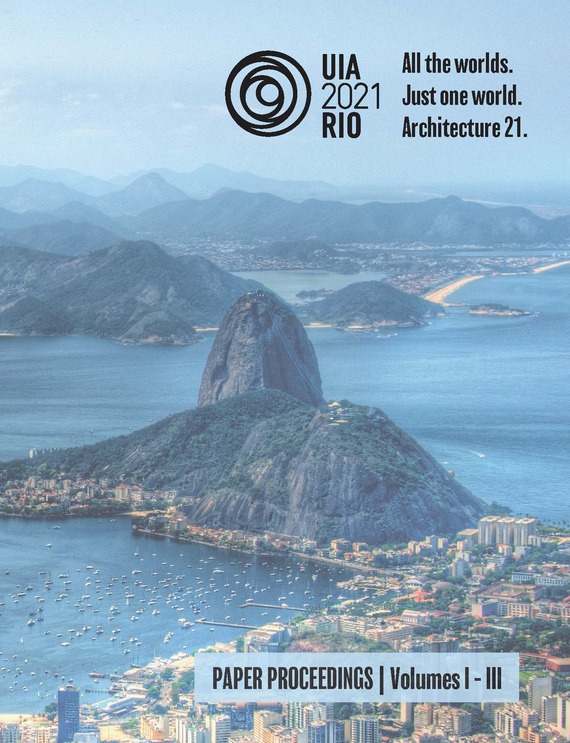Author(s): Meheroze Al Hassan, Meherub Al Hassan, Sabin Huda & Sureya Huda
Bangladesh has sheltered 1.2 million Rohingya refugees mainly on humanitarian grounds in several camps Cox’sbazar where their children having access to non-formal education approved by the government and few international organizations for the education of the Rohingyas who entered Bangladesh recently. But Bangladesh has limited financial, institutional and other resources to provide them all with education. Some further steps could be taken for their education which can make them capable of protecting themselves and improving their situation. Different types of non-formal education, including accelerated education, vocational training and life skills training, are given in emergency situations. Accelerated education is usually given to refugee children and adolescents in many countries. In accelerated education, the number of years of schooling is curtailed and education is concisely given, but it is certified in order that the students can get enrolled in formal educational institutions when they leave emergency situations and are re-settled in the place of origin. Unquestionably we know the only access to education & sound knowledge could bring the any community of this ethnic minority to the summit of self-development and progress eventually. It has widely been understood that investing into education sectors with provision of environment and facilities would help this under privileged ethnic people to combat any unwanted situation near future. This analysis aims to investigate the Inadequacy to formal educational facilities of Rohingya Crisis. Considering these factors would assist the concern personnel including stakeholders, workers, researchers, scientists to prioritize the provision of sustainable education for them.
Volume Editors
ISBN
978-1-944214-31-9

 Study Architecture
Study Architecture  ProPEL
ProPEL 
